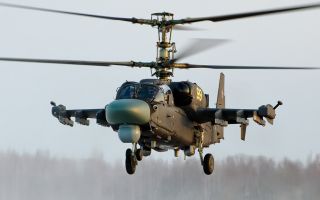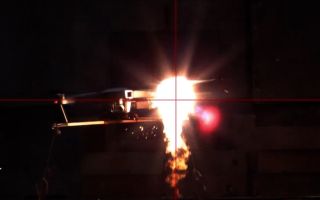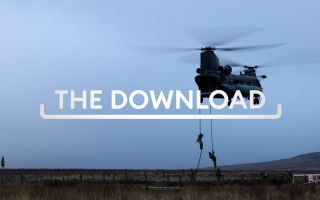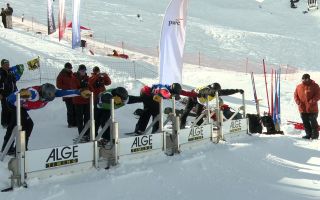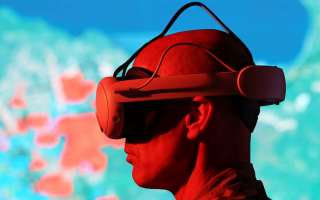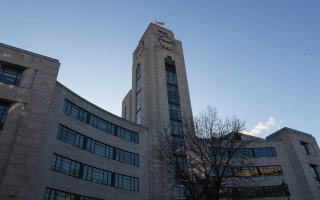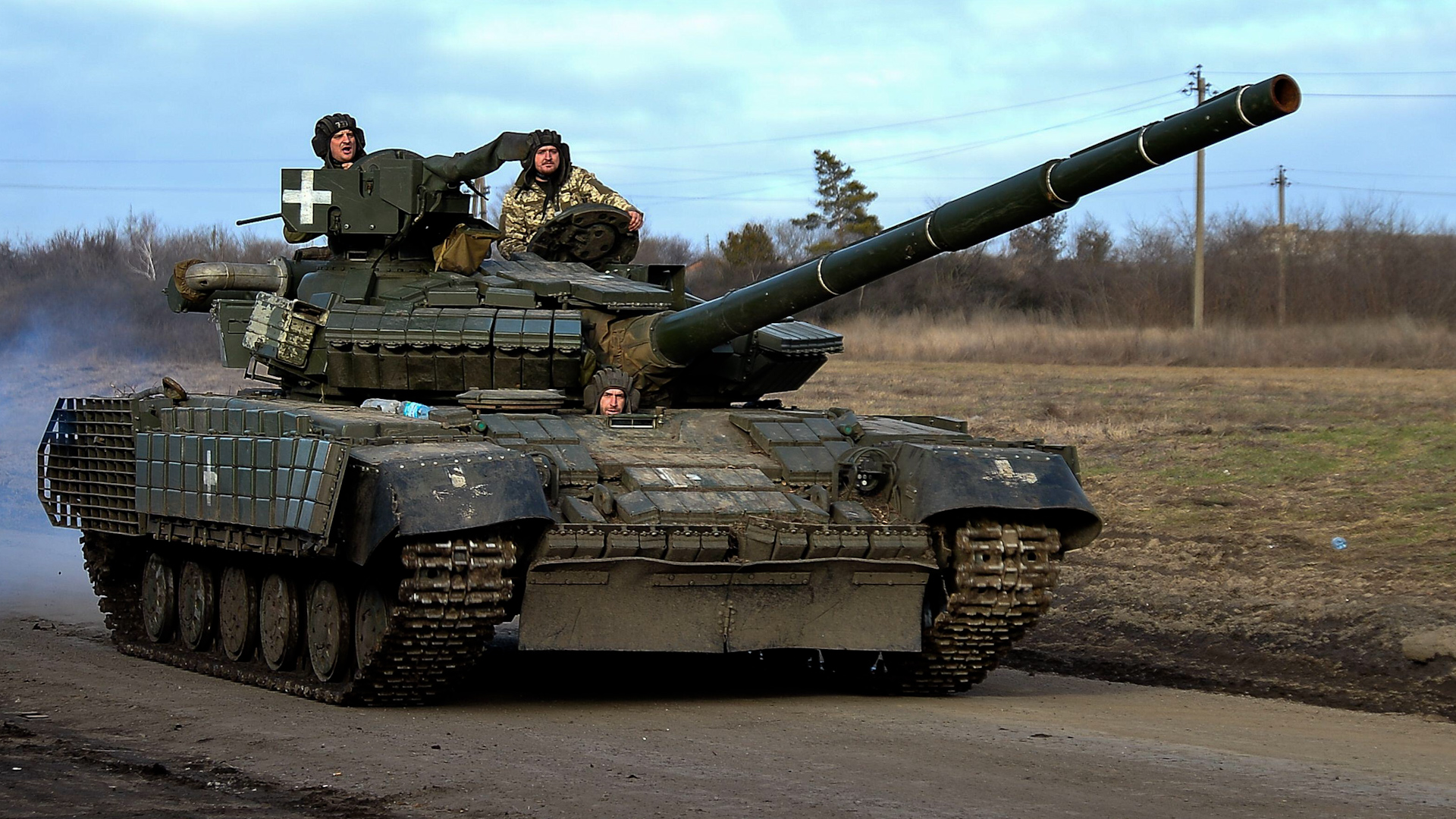
Sitrep: Russia using 'a massive sledgehammer to crack a pretty small nut' in Ukraine

Russia is enjoying victories in Ukraine due to its tactic of concentrating a "huge force" on small towns and cities, however Moscow's forces "can be fought to a standstill".
Colin Freeman, a correspondent at the Daily Telegraph, was on the Sitrep podcast, an analysis of the top defence stories of the week which you can listen to here.
He has been reporting from the frontline in Ukraine, specifically near Avdiivka, which recently fell to the Russians and said: "Ukrainians don't have the same level of troops or weapons that the Russians do."
- Sitrep: WhatsApps to the frontline and moving kit within days – the story of Britain's rapid mission to arm Ukraine
- Sitrep podcast: Could Europe successfully defend itself against Russia without US support?
- Sitrep podcast: Can a citizen military appeal to the masses?
"They are using a massive sledge hammer to crack a pretty small nut," he said.
"When you get these fixed battles for a small amount of turf, the Russians do eventually triumph.
"It's a question of what price the Ukrainians make them pay. And in Avdiivka, for example, the Ukrainians say that they killed, they reckon they killed, about something like 17-20,000 Russian troops during the last five months of the battle."
Defence expert and former Director General of the Royal United Services Institute (RUSI) Professor Michael Clarke, told the Sitrep podcast he expects Russia will "probably succeed in pushing West from Kup'yans'k at some point during this year".
But he said Vladimir Putin's claim the initiative of the war is with Russia is only true to an extent.
"He's right in the sense they have the initiative in some local areas because the Russians are pushing on all sides," he said.
"They're trying to take advantage of the distraction of Gaza, the disunity in the United States, you know, everything that's going on in the Western alliance.
"But what… he's facing, President Putin, is the fact that every time they push, they can be fought to a standstill.
"They can't make any of these offensives count strategically."
Mr Freeman had previously reported on Ukrainian personnel rationing artillery shells.
He told Sitrep artillery units outside Avdiivka told of their frustration at not being able to do their job due to a lack of artillery.
"They said that out of their 18 howitzers, only two were currently operational because of the lack of artillery shells and that was very frustrating for them," he said.
However, Mr Freeman said it was "hard to say" whether troops in Kup'yans'k would have the same issues as troops in Avdiivka.
"We didn't hear quite the same complaints about lack of ammunition and munitions shells, artillery shells in Kup'yans'k as we did in Avdiivka," he said.
"But then the battle in the Kup'yans'k is still in its early days and I think that they may well experience the same problems as time goes on.
He also said, on his eighth visit to Ukraine since the invasion, it was "easier to find troops who were feeling downbeat and saying that it was very tough, partly due to the lack of ammunition".
"We were speaking to people in and around the Avdiivka area after defeat there, although a very costly defeat for the Russians, it's not surprising to pick up people who are feeling gloomy," he said.
"Also… they've lost 31,000 people now, according to President Zelensky, 31,000 soldiers have died.
"It is two years into the war. Clearly, there is an enormous amount of battle fatigue.
"On the other hand, we did also meet a lot of troops who said… 'we are tired, but we don't really have a choice in this war, we've got to carry on fighting'."
When talking about the swing in initiative or where the momentum is in the war, Prof Clarke said "the swing that matters most is morale".
"That's the question to ask in relation to Ukrainian morale: Can they see that the West really is backing them, that things will get better if they hang on," he said.
"But if they feel that things won't get better, they will only get worse, then why hang on."
It comes as French President Emannuel Macron suggested some countries could send troops to fight in Ukraine, on a bilateral basis thought and not as Nato.
The comments were "clumsy", according to Prof Clarke, who did acknowledge that he could see where the French President was coming from.
"What he's saying is that we shouldn't allow President Putin just to keep making the agenda.
"Putin gets to decide how aggressive he's going to be and he ramps it up and he takes it down and ramps it up again according to what he wants.
"So why are we dancing to his tune?' is what Macron is really saying.
"But of course, the issue of troops in Ukraine is a red line because we've always said that we will not fight directly in Ukraine.
"That's a red line that both Russia and Nato understand and want to respect. But also, off the back of that, Chancellor Schulz in Germany has revealed that special forces, for instance, from Britain and the United States are already in Ukraine.
"By saying that he's let the cat out of the bag in a really unhelpful way and that's one of the reasons why Britain doesn't share that much intelligence with Germany, because they really can't keep a secret," he added.

